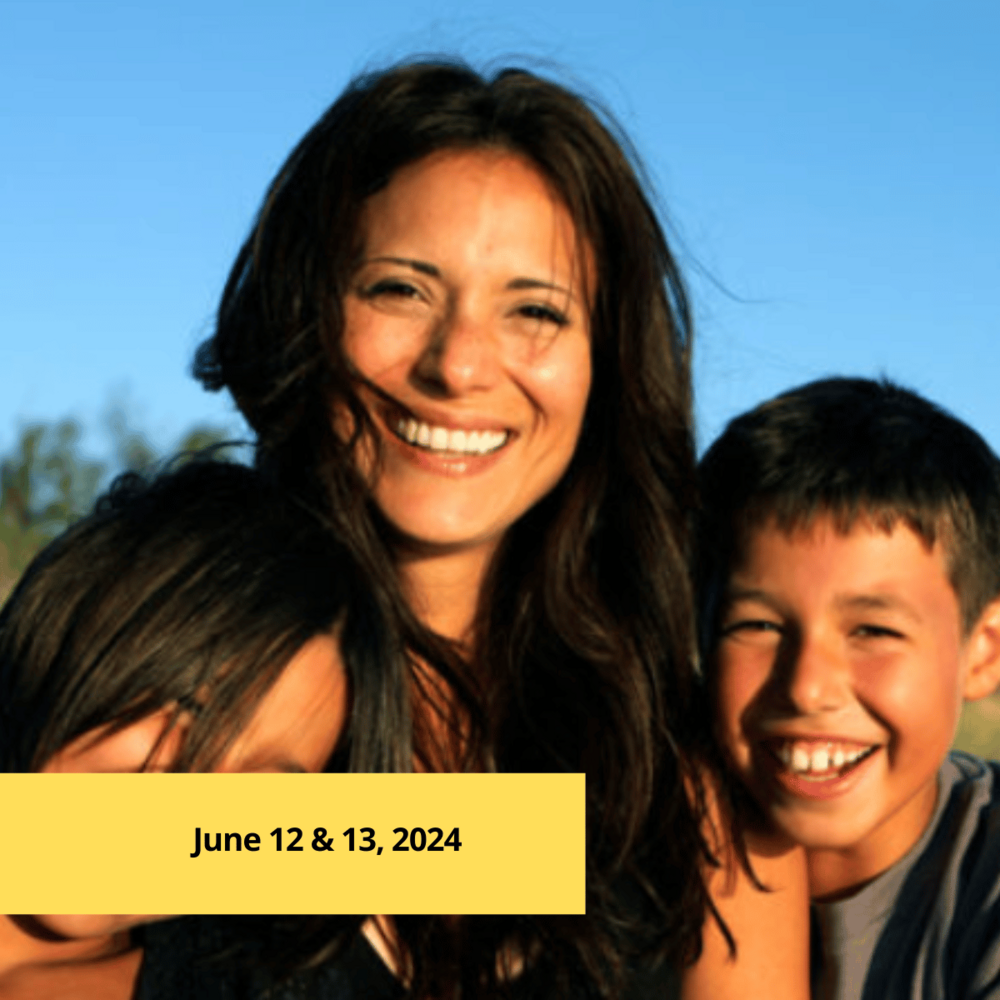We must consistently ask ourselves if our practices are appropriate for the Indigenous communities we work with. While strengths-based, anti-oppressive and evidence-based models may appear to be beneficial, these are Western models based on worldviews that may not be shared by Indigenous Peoples. Explore key issues pertaining to concepts of mental health and wellness in accordance with Indigenous worldviews, as well as forms of resiliency and resistance.
In this training, participants will explore the current impacts of colonization specifically on Indigenous children and youth and how helpers with differing worldviews can come together to consider values, ethics and spiritual beliefs that shape their practice. Participants will identify and explore practices that focus on identity development, strength and culture-based initiatives and active and intentional self-reflection in their roles as helpers.
The training will focus on taking actions in line with the Truth and Reconciliation Commission’s recommendations (2015) which highlight relationships and building trust between Indigenous and non-Indigenous service providers to foster understanding of the impacts of colonization on children, youth and families, their ways of coping and their numerous strengths. Finally, it will offer insight into how Indigenous values, ways of seeing the world and helping practices may be of value to all children and youth.
Topics Discussed
- How do Indigenous worldviews describe positive mental health and conceptualize mental health challenges?
- What are the underlying causes of mental health challenges for Indigenous children and youth and what does healing look like?
- What are the tensions when differing perspectives look at defining positive mental health, as well as challenges to one’s mental health?
- Under which conditions can Western treatment and Indigenous approaches work well together to support children and youth?
Learning Outcomes
- Demonstrate an understanding of colonization and its current impacts on Indigenous Peoples and communities with an emphasis on children and youth.
- Understand the role of the child welfare and educational systems on the mental health of Indigenous children and youth and strategies for positive change.
- Examine holistic, community-based approaches to working with Indigenous children and youth in relationship to their communities.
- Explore ways that Indigenous and Western approaches can be integrated successfully in this helping work.
- Consider how Indigenous knowledges can inform the healing processes of non-Indigenous children and youth.
Who Should Attend
This training is recommended for Indigenous and non-Indigenous service providers that work with children, youth, and families in areas such as child welfare, mental health, education, homelessness, and family services.
Course Dates & Format
June 12 & 13, 2024
12:30pm-3:30pm
This is a 6-hour training. This course consists of two 3-hour interactive virtual sessions using Zoom.
Instructor: Cyndy Baskin, Ph.D.
Cyndy Baskin is of Mi’kmaq and Celtic descent. Her clan is the fish and her spirit name translates to “The Woman Who Passes on the Teachings”. Cyndy started as a Social Worker and is now an Emeritus Associate Professor in the School of Social Work at Toronto Metropolitan University. Her teaching, research and writing interests involve how Indigenous worldviews can inform education, spirituality, anti-violence, mental health and decolonizing research methodologies. She conducts training in diverse areas for both Indigenous and non-Indigenous service providers and educational institutions.
Training Fee
Member Fee: $150.00 + $19.50 (HST) = $169.50
Non-Member Fee: $185.00 + $24.05 (HST)= $209.05
Group Registration: Save 20% off individual fees with a group registration of 4 or more participants. Download the group registration form HERE.
Continuing Education Information
6 CECs with OAMHP
Licensing boards and professional organizations will grant Continuing Education credits for attendance at their discretion when participants submit the course outline and certificate.
In-Service
This is available as an in-person or virtual in-service training and customized to suit your needs.
To Register
Register for June 13 & 14, 2024 here https://www.safeguards-trainin...enous-mental-health/
If you are experiencing issues accessing the registration link, please email registration@safeguards-training.net


Comments (0)